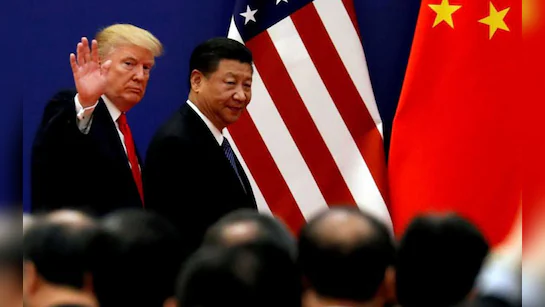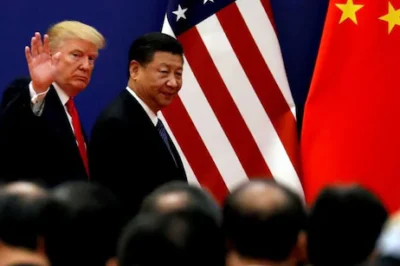
Introduction
In a significant policy shift, the U.S. government has prohibited American diplomats, their families, and contractors with security clearances from engaging in romantic or sexual relationships with Chinese citizens. Enacted in January 2025 by departing Ambassador Nicholas Burns, this measure aims to address growing security concerns amid escalating U.S.-China tensions.
Scope and Enforcement
The policy applies to U.S. personnel stationed in mainland China, including the embassy in Beijing and consulates in Guangzhou, Shanghai, Shenyang, Wuhan, and Hong Kong. It does not extend to U.S. personnel assigned outside China. Individuals involved in pre-existing relationships with Chinese citizens may apply for exemptions; however, if denied, they are required to end the relationship or leave their position. Violations of the policy result in immediate expulsion from China.
Historical Context
This comprehensive “non-fraternization” policy marks a departure from previous guidelines. Historically, while certain restrictions existed, American diplomats were not explicitly prohibited from forming personal relationships with locals. The new policy mirrors measures from the Cold War era, a time when concerns over espionage led to stringent controls on personal interactions.
Security Concerns
The decision responds to apprehensions about potential security risks, particularly the possibility of Chinese intelligence agencies exploiting personal relationships to extract sensitive information. There have been instances where Chinese agents used romantic relationships as a means to gather intelligence, underscoring the need for heightened vigilance.
Reciprocal Measures
In a tit-for-tat response, China has imposed its own set of restrictions on U.S. diplomats, citing the U.S. measures as justification. These restrictions limit the activities of U.S. diplomats in mainland China and Hong Kong, including travel and meetings, requiring prior approval from Chinese authorities.
Global Diplomatic Practices
The enforcement of such policies highlights the complexities of international diplomacy, where personal relationships can intersect with national security interests. Both the U.S. and China have stringent regulations governing the personal lives of their diplomats abroad, reflecting mutual distrust and the strategic importance of controlling information flow.
Conclusion
The U.S. ban on romantic relationships with Chinese citizens represents a significant shift in diplomatic protocol, driven by security concerns amid strained relations between the two countries. As global tensions persist, such policies may become more prevalent, influencing the personal lives of diplomats and the conduct of international relations.








































Leave a Reply